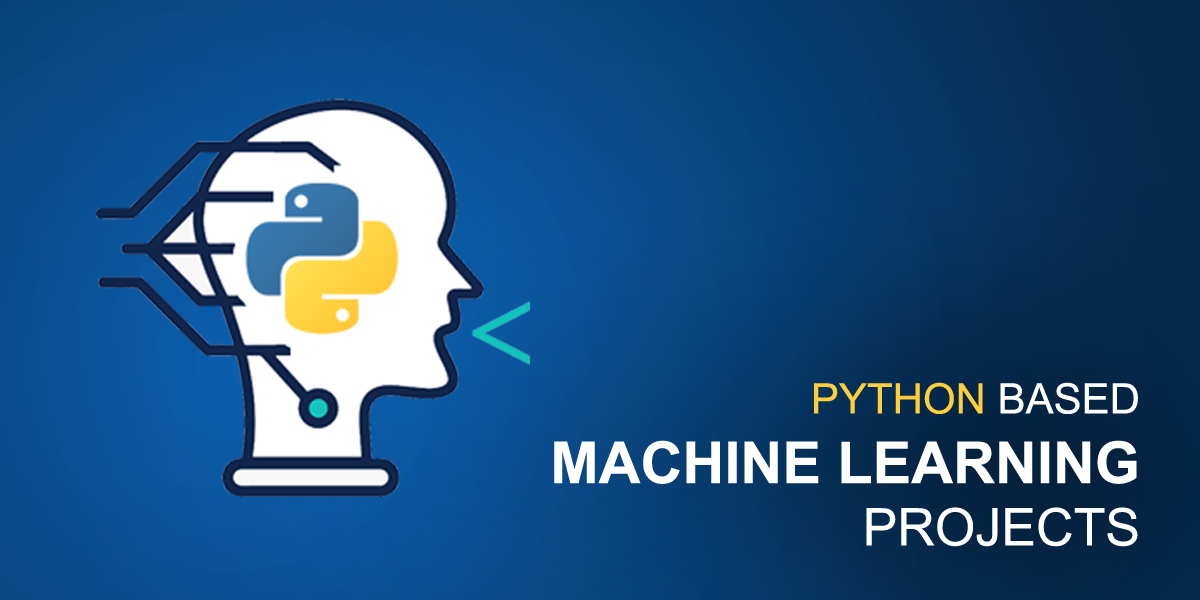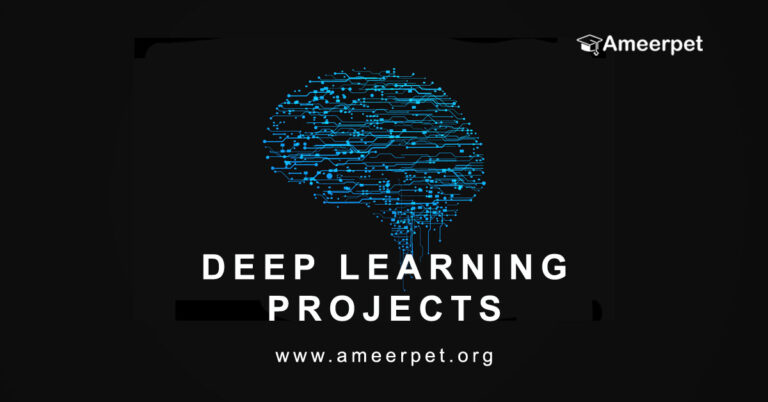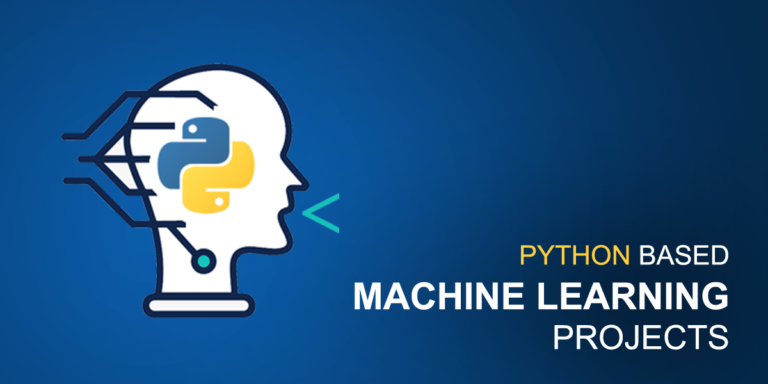
Abstract:
Attention helps model sequences and learn a deep representation. Recent studies show that attention values do not always match intuition in tasks like machine translation and sentiment classification. This study uses deep reinforcement learning to optimize attention distribution during end task training loss minimization. Iterative actions adjust attention weights to automatically give more informative words more attention in sufficient environment states. Our model improves task performance and attention distribution across tasks and attention networks. Further analysis shows that our retrofitting method can explain baseline attention.
Note: Please discuss with our team before submitting this abstract to the college. This Abstract or Synopsis varies based on student project requirements.
Did you like this final year project?
To download this project Code with thesis report and project training... Click Here


